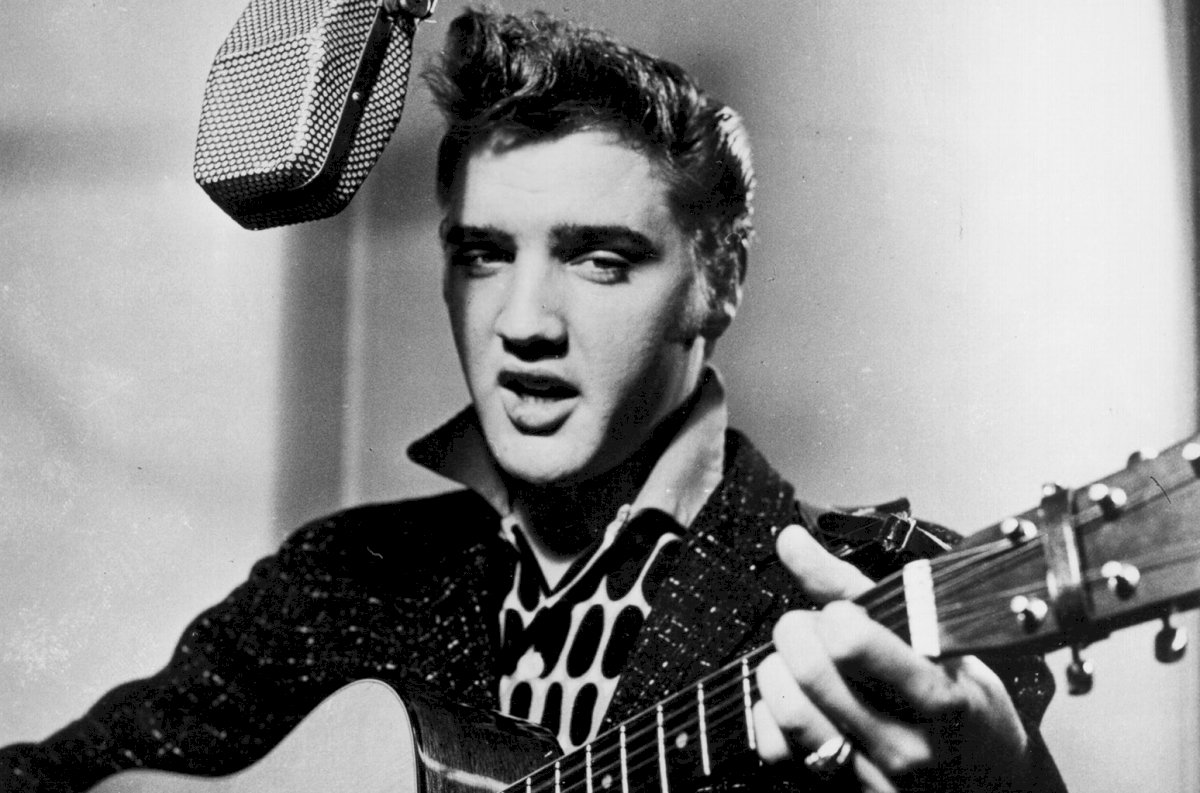In the early 1990s, amidst a landscape of sitcoms, one show stood tall and wielded its comedic charm with power tools and punchlines. "Home Improvement," which aired from 1991 to 1999, not only revolutionized family-oriented television but also catapulted its star, Tim Allen, into the realm of comedy legends. This article delves into the world of "Home Improvement," exploring its characters, humor, and cultural impact during its successful eight-season run.
(Watch the video below)

The Birth of "Home Improvement"
Created by Matt Williams, Carmen Finestra, and David McFadzean, "Home Improvement" made its debut on September 17, 1991. The show centered on Tim Taylor, played by the beloved actor Tim Allen, a suburban dad and TV host of "Tool Time," a fictional home improvement show. Tim was often depicted as a well-meaning but accident-prone handyman who had a penchant for overdoing things, much to the chagrin of his wife, Jill (Patricia Richardson). Their three sons, Brad (Zachery Ty Bryan), Randy (Jonathan Taylor Thomas), and Mark (Taran Noah Smith), provided ample comedic fodder throughout the series.
At the heart of "Home Improvement" was the Taylor family, whose ups and downs were relatable to viewers of all backgrounds. The show was set in the fictional Detroit suburb of "Tooland," and its blue-collar appeal resonated with audiences across the United States.
The Cast and Characters

The ensemble cast of "Home Improvement" was a key factor in the show's success. Tim Allen's portrayal of the bumbling yet endearing Tim Taylor was a career-defining role. His comedic timing and expressive face made him the perfect choice to lead the series. Patricia Richardson, as Jill Taylor, provided a strong counterpoint to Tim's character, often offering sage advice and humorous retorts.
The three Taylor sons, Brad, Randy, and Mark, were played by Zachery Ty Bryan, Jonathan Taylor Thomas, and Taran Noah Smith, respectively. Their growth and development throughout the series mirrored that of the show itself, as it evolved from a family-focused sitcom to a coming-of-age narrative for the boys.
The supporting cast, including Richard Karn as Al Borland, Tim's co-host on "Tool Time," and Earl Hindman as Wilson, the wise and elusive neighbor, added depth and humor to the show. Wilson's penchant for dispensing cryptic yet insightful advice from behind his backyard fence became a hallmark of "Home Improvement."
The Humor of "Home Improvement"

One of the standout features of "Home Improvement" was its humor. The show's creators skillfully blended physical comedy, witty one-liners, and situational humor to create a comedic tapestry that appealed to a broad audience. Tim's frequent mishaps and misadventures, often involving his power tools or home improvement projects, provided plenty of slapstick moments that left viewers in stitches.
The "Tool Time" segments within the show, featuring Tim and Al demonstrating various DIY projects, were a clever way to infuse educational content with humor. These segments not only entertained but also inspired a generation of viewers to pick up their own tools and attempt DIY projects around the house.
Tim's catchphrases, such as "More power!" and his grunting noises, became iconic and are still recognized by fans today. These catchphrases, along with Tim's goofy persona, helped establish "Home Improvement" as a show that celebrated the joys and perils of home improvement in a lighthearted manner.
Impact on the DIY Culture
"Home Improvement" had a profound impact on the DIY culture in the 1990s. The show popularized the idea that homeowners could take on home improvement projects themselves, and it demystified the world of tools and construction for a wide audience. Tim Taylor's character, despite his frequent mishaps, inspired a sense of empowerment among viewers.
The fictional "Tool Time" set, complete with a fully equipped workshop, showcased a wide range of tools and techniques, making it a valuable educational resource for those interested in DIY projects. Many viewers were introduced to concepts like power tools, home repairs, and woodworking through the show.
The show's influence extended beyond entertainment. It sparked a renewed interest in DIY, leading to an increase in home improvement and renovation projects across the country. Hardware stores reported a surge in sales of tools and materials during the show's run, a phenomenon dubbed the "Tool Time Effect."
Family Values and Life Lessons

Beneath the layers of humor and DIY antics, "Home Improvement" consistently emphasized family values and life lessons. While Tim's character often grappled with exaggerated masculinity and stubbornness, the show made it clear that learning, growth, and compromise were integral to maintaining a healthy family dynamic.
Jill Taylor, as the voice of reason in the Taylor household, frequently guided the family through challenges and conflicts. Her character provided a valuable perspective on communication, parenting, and marital relationships.
The relationship between Tim and his neighbor Wilson, who was rarely seen without his face obscured by a fence, was a source of wisdom and mentorship. Wilson's enigmatic advice often contained profound life lessons, which became a hallmark of the show. These interactions added depth to Tim's character, as he grappled with personal growth and self-improvement.
The three Taylor sons, Brad, Randy, and Mark, offered a coming-of-age narrative that resonated with young viewers. Their experiences, struggles, and triumphs mirrored the real-life challenges faced by adolescents, making "Home Improvement" a relatable and family-friendly show.
Longevity and Legacy
"Home Improvement" enjoyed a successful run of eight seasons, concluding in May 1999. During its time on the air, it consistently ranked among the top-rated sitcoms in the United States, a testament to its enduring popularity. The show's legacy continues to thrive in various ways.
"Home Improvement" remains a syndication staple, with reruns continuing to attract viewers. Its timeless humor and family-centered themes make it a perennial favorite among fans both old and new.
The success of "Home Improvement" paved the way for a new genre of DIY and home improvement television. Shows like "Trading Spaces," "This Old House," and "Extreme Makeover: Home Edition" owe a debt of gratitude to the trailblazing work of "Home Improvement."
The show's catchphrases, characters, and memorable moments are frequently referenced in popular culture. From parodies in other television shows to homages in films, "Home Improvement" maintains a lasting presence in the entertainment world.
The cast members of "Home Improvement" have continued to enjoy successful careers in the entertainment industry. Tim Allen, in particular, went on to star in other popular projects, including the "Toy Story" franchise and "Last Man Standing."
The show's impact on the DIY culture persists. DIY enthusiasts and home improvement aficionados continue to share their love for "Home Improvement" and the inspiration it provided for tackling projects around the house.
Conclusion
"Home Improvement" (1991-1999) is a sitcom that left an indelible mark on American television. It entertained audiences with its humor, educated them about DIY home improvement, and imparted valuable life lessons about family, growth, and communication.
As we reflect on the show's legacy, it becomes evident that "Home Improvement" was more than just a sitcom; it was a cultural touchstone that brought laughter, inspiration, and a sense of togetherness into countless homes. Its enduring appeal serves as a testament to the power of family-centered storytelling and the enduring charm of Tim "The Tool Man" Taylor and the Taylor family.


